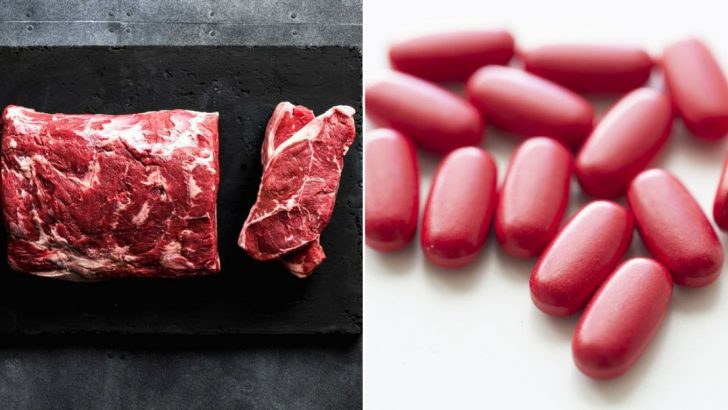Hypothyroidism can throw a wrench into daily life, often leaving you feeling fatigued or struggling with weight fluctuations. I’ve discovered that certain foods can either support healthy thyroid function or add extra complications.
Today, I’m sharing a list of ten “best” and ten “worst” foods to help guide your mealtime decisions. Whether you’re new to hypothyroidism management or looking for fresh ideas, these tips can provide a bit more clarity.
As always, please consult a healthcare provider for personalized advice. Let’s explore these options together.
1. BEST: Iodized Salt
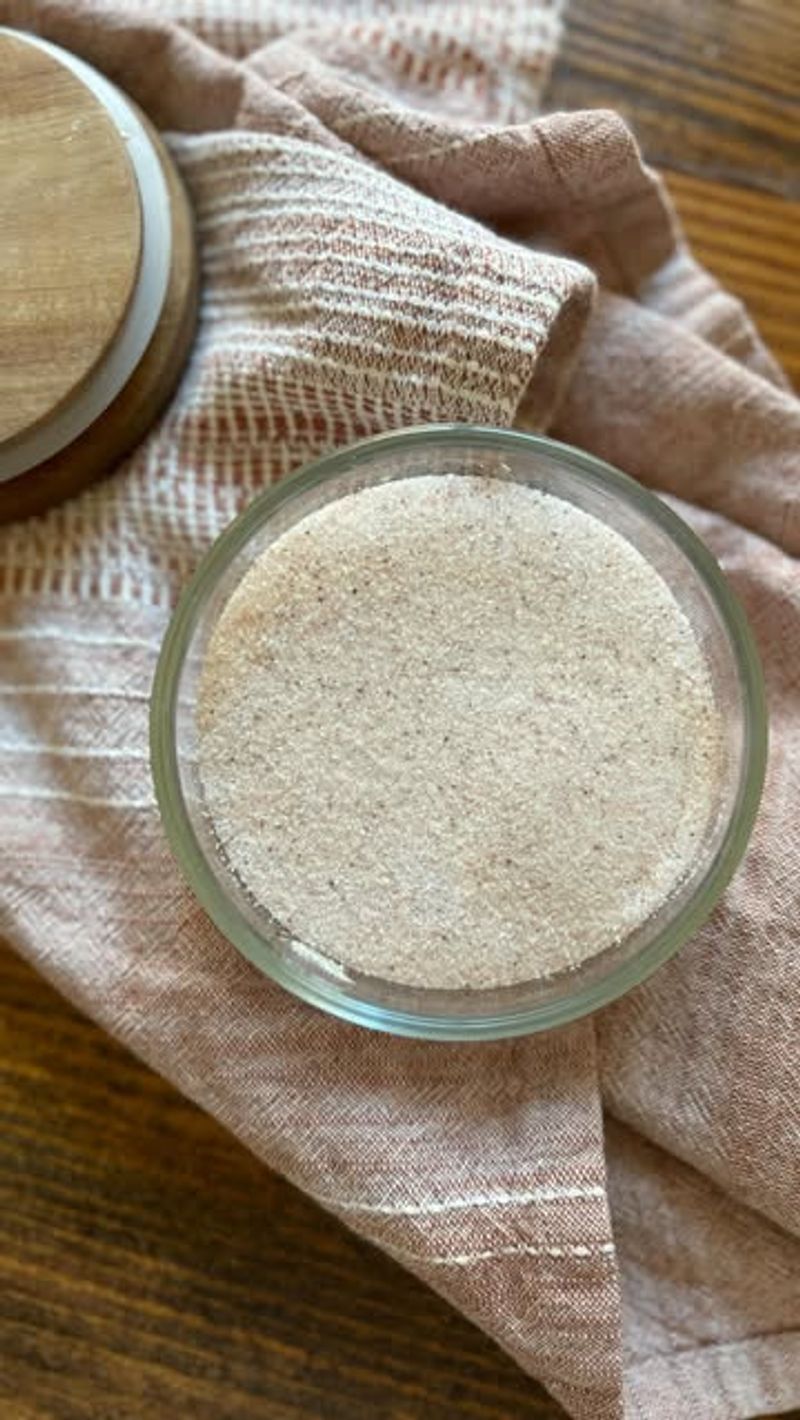
Tiny grains of salt can be powerful allies in thyroid health. Iodine is vital for thyroid hormone production, and using iodized salt ensures you get a steady supply.
Sprinkling a bit on your meals can help maintain hormone balance, but moderation is key. Too much salt has its own drawbacks, so keep the shaker in check while enjoying the benefits of this crucial mineral.
2. BEST: Seafood (Cod, Shrimp)

Lean, protein-rich seafood such as cod and shrimp brings an impressive load of iodine and selenium—both champion nutrients for thyroid support. Their delicate taste and ease of cooking make them a convenient choice.
Try a grilled shrimp skewer or a simple baked cod fillet. The flavors are mild, but they pack a hidden punch that can help keep your thyroid humming along.
3. BEST: Brazil Nuts
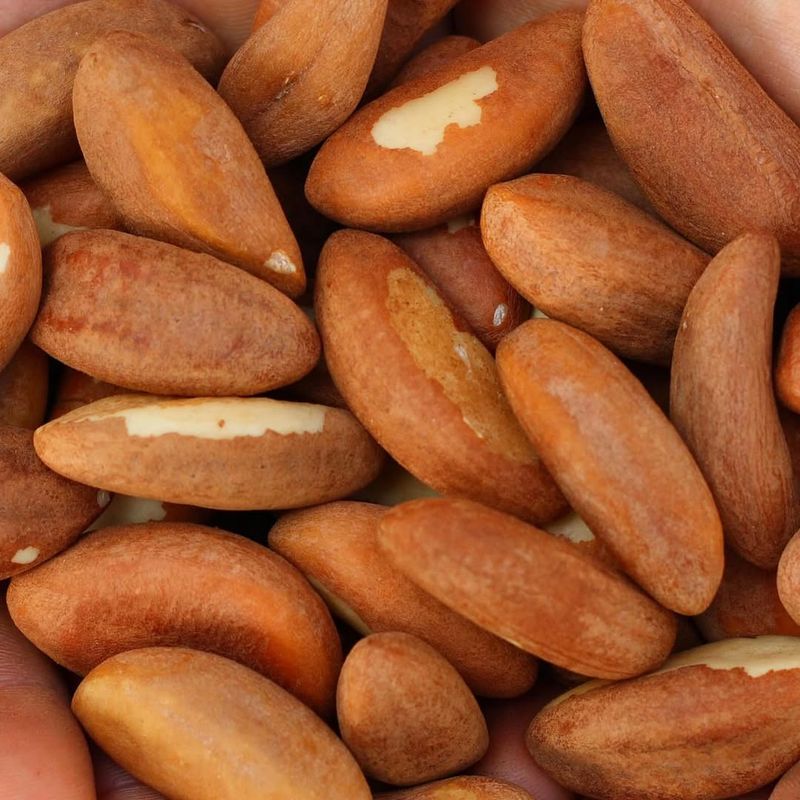
Each Brazil nut hides a generous helping of selenium, essential for converting the thyroid hormone T4 into its more active form, T3. This conversion is crucial for thyroid function and energy levels.
Snack on a few of these rich, creamy nuts regularly, but exercise caution—too many can lead to selenium overload. Just a small handful a day can do the trick.
4. BEST: Eggs
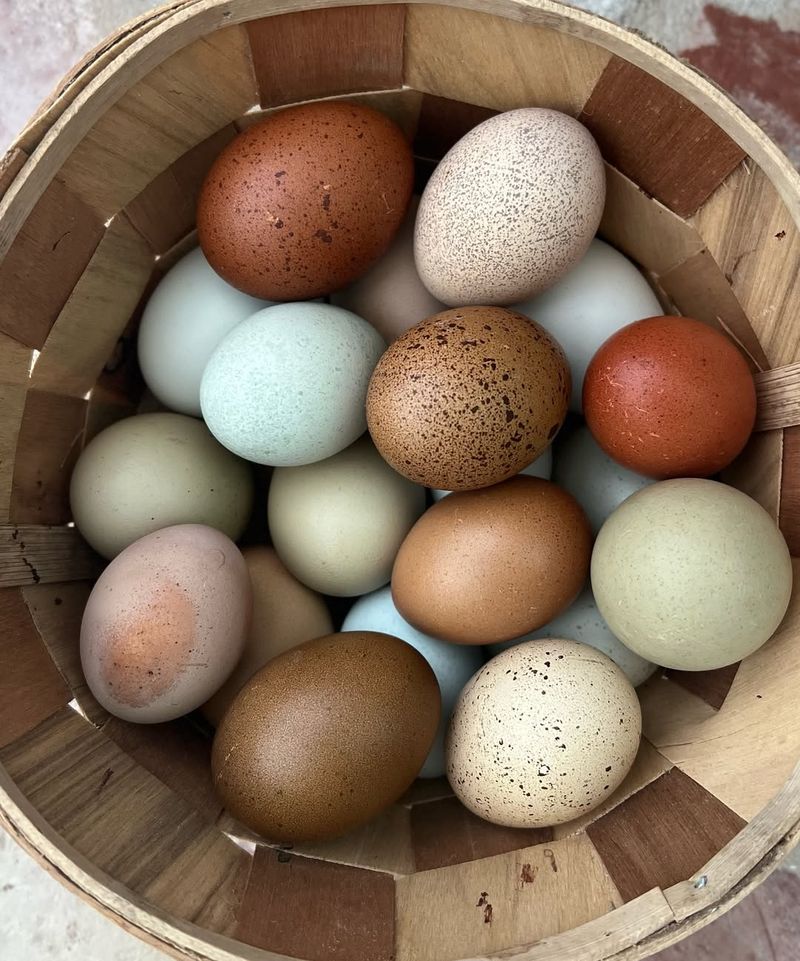
Whether scrambled or baked into a casserole, eggs deliver a compact source of iodine, selenium, and zinc. These nutrients collectively support hormone production and overall thyroid health.
Their versatility means you can effortlessly incorporate them into breakfasts, salads, or even dinner entrees. Grab a carton next time you’re at the store and think of them as a mini nutrient powerhouse.
5. BEST: Zinc-Rich Foods (Beef, Pumpkin Seeds)
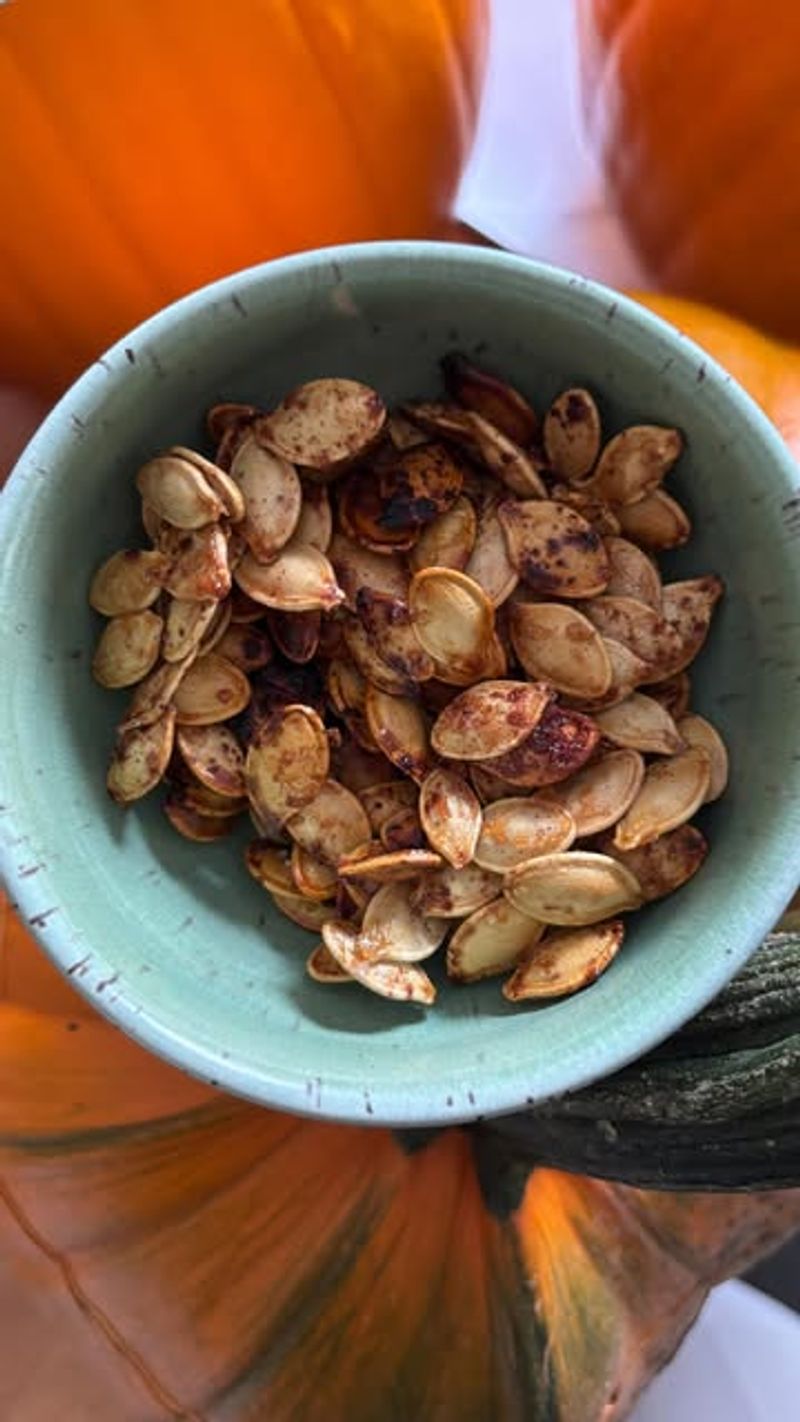
Zinc plays an unsung role in thyroid hormone synthesis. Options like lean beef or pumpkin seeds can bolster your mineral intake, helping keep things in balance.
Toss pumpkin seeds on salads or add lean beef strips into a veggie stir-fry. That hearty, savory note pairs well with the knowledge you’re aiding your thyroid’s well-being.
6. BEST: Dairy Products (Milk, Yogurt)
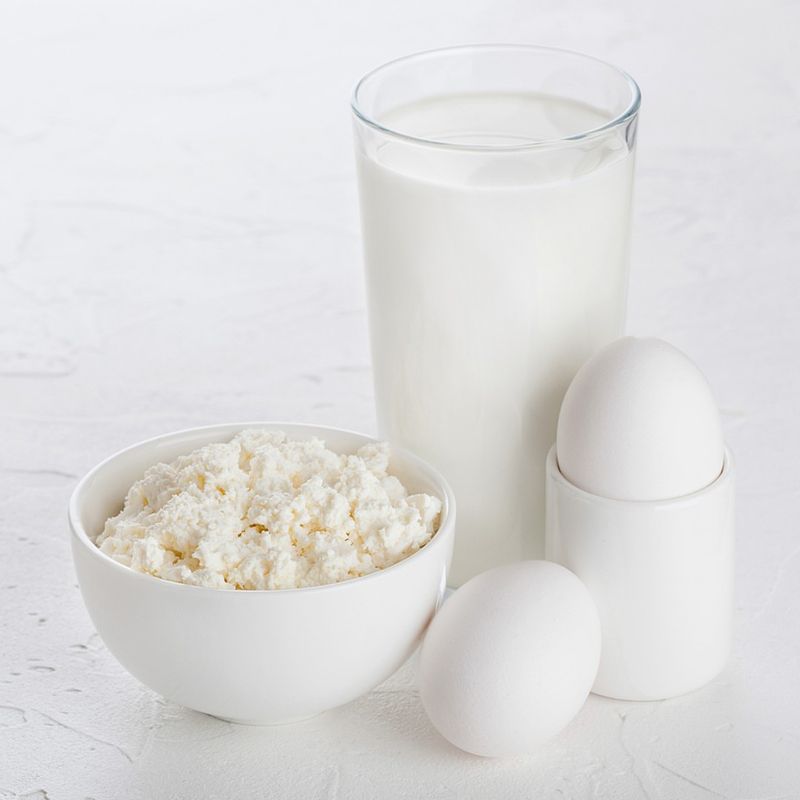
Creamy milk and tangy yogurt both carry iodine, calcium, and protein, ideal for supporting hormone regulation. They’re also easy to incorporate into daily eating, whether as a refreshing drink or a breakfast parfait.
If lactose is an issue, seek lactose-free or fortified plant-based alternatives. Prioritize those offering iodine to ensure your thyroid doesn’t miss out on this key mineral.
7. BEST: B Vitamins (Meats, Fish)

Meats and fish come loaded with B vitamins that boost energy production and support thyroid function. B12 and B6, in particular, play a role in metabolic and hormonal processes.
Choose lean cuts of chicken, turkey, or fish. Each bite helps your body metabolize and cope better with potential energy dips associated with hypothyroidism.
8. BESR: Antioxidant-Rich Fruits (Berries, Greens)

Berries like blueberries or raspberries bring a sweet, vibrant punch, while leafy greens such as kale or spinach deliver essential antioxidants. Together, they help combat inflammation that can burden thyroid health.
Whip them into smoothies or salads. Each colorful portion adds brightness to your plate and a protective layer to your body’s cells.
9. BEST: Iron Rich Foods (Spinach, Red Meat)
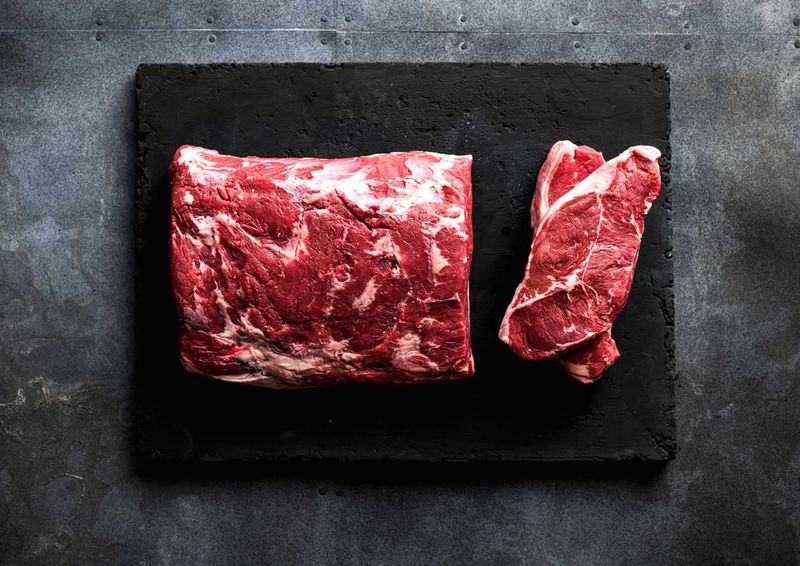
Iron underpins healthy thyroid hormone production, and foods like spinach or lean red meat help fill that quota. Keep in mind, your body absorbs iron from red meat more efficiently than from plants.
Pair iron sources with vitamin C-rich sides—think a squeeze of lemon on spinach. This simple trick boosts absorption and helps your thyroid reap maximum benefits.
10. BEST: Healthy Fats (Avocado, Olive Oil)

Avocado’s creamy flesh and olive oil’s silky drizzle bring more than flavor—they carry healthy fats that support hormone balance and nutrient absorption. These fats can also help keep you feeling full and satisfied.
Blend avocado into creamy dips or sauté veggies in olive oil. The result is an easy, tasty path to better thyroid health and a more content belly.
11. WORST: Cruciferous Vegetables (Raw)

Crisp, raw broccoli or kale might usually be praised for nutrients, but in hypothyroidism, they contain goitrogens that interfere with iodine absorption. This can disrupt thyroid hormone production.
Cooking these vegetables helps reduce their goitrogenic effect. Enjoy them in moderation if you still love their crunchy, bitter tang but prefer not to stress your thyroid.
12. WORST: Soy Products (Excessive)

Tofu, soy milk, and edamame deliver plant-based protein, but going overboard can hamper thyroid hormone absorption. Their compounds may block essential thyroid processes if consumed excessively.
Balance is the key. A splash of soy milk in your coffee or an occasional tofu stir-fry is fine, but avoid making soy your primary protein.
13. WORST: Gluten

For some hypothyroid folks, especially those with autoimmune thyroid disease, gluten can spur unwanted immune reactions. This sensitivity might exacerbate thyroid issues or hamper medication effectiveness.
If you suspect gluten might be an issue, consult a healthcare provider for testing. You don’t want to remove entire food groups unnecessarily, but it pays to be aware.
14. WORST: Highly Processed Foods

Junk foods loaded with trans fats, sugars, and additives can weigh heavily on your energy and metabolic balance. Hypothyroidism already challenges your metabolism, so these empty calories only make things harder.
Focus on whole, nutrient-dense meals instead of pre-packaged options that provide little real nourishment. It’s an easy swap your thyroid—and waistline—will appreciate.
15. WORST: Excessive Fiber
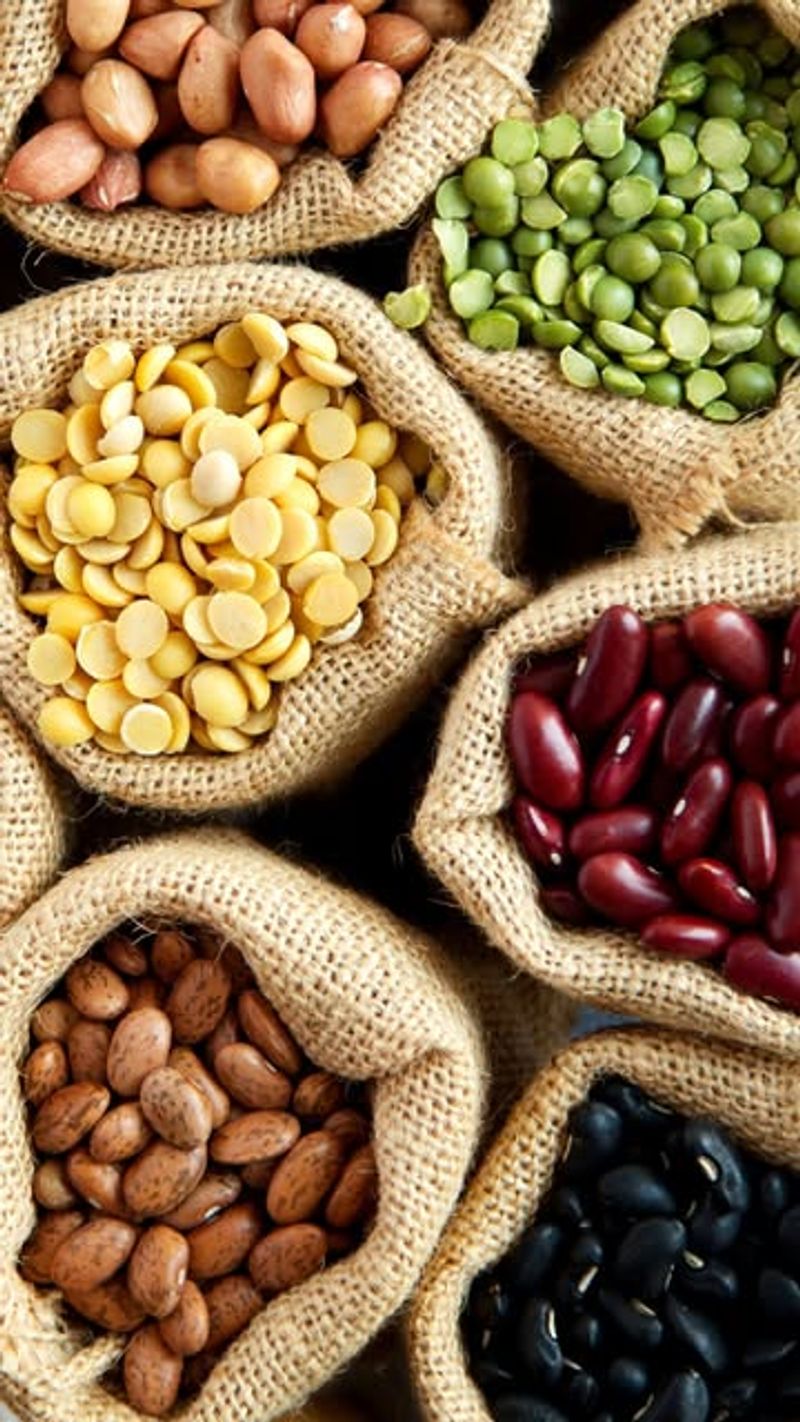
Fiber can be a friend, but in large doses, it may interfere with thyroid medication absorption. Overdoing the bran cereals or beans could leave your medication less effective.
Strike a balance: eat fiber-rich foods at different times from your medication. That way, you can enjoy the benefits of fiber without hindering your thyroid support.
16. WORST: Sugary Foods And Drinks

Donuts and sodas spike blood sugar, leading to energy crashes that are especially unwelcome with hypothyroidism. These sugar bombs can also contribute to weight gain and metabolic strain.
Try swapping that afternoon sugary beverage for infused water or herbal tea. You’ll dodge the crash and help maintain a steadier energy level.
17. WORST: Excessive Caffeine

Multiple cups of strong coffee might jumpstart your day but can also stimulate anxiety and insomnia, issues that might already plague those with thyroid imbalances.
Enjoy caffeine in moderation—maybe a single cup in the morning—then pivot to lower-caffeine beverages. This shift helps keep hormones and stress levels in check.
18. WORST: Alcohol

Alcohol can dampen thyroid hormone production, making an already slowed metabolism feel more sluggish. Heavy drinking also taxes the liver, which processes thyroid hormones.
An occasional glass of wine won’t ruin you, but consistent overindulgence risks throwing off your delicate hormone balance. Always sip wisely.
19. WORST: Fast Food

Greasy burgers and fries brimming with saturated fats and salt offer minimal nutritional value. Hypothyroidism may slow digestion and weight management, so these empty-calorie options compound challenges.
Stick to homemade or more wholesome choices when possible. This mindful approach helps keep your metabolism stable and your body better nourished.
20. WORST: Certain Supplements
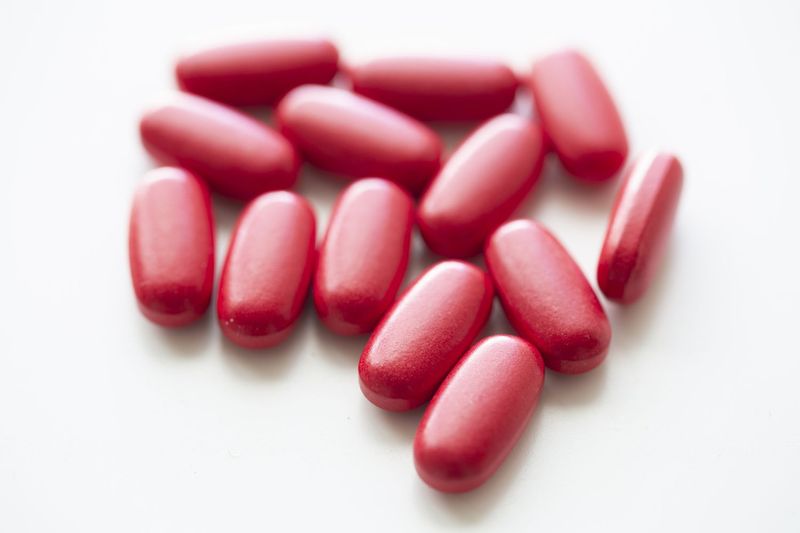
Seemingly harmless supplements like calcium or iron might affect thyroid medication absorption if taken together. Other herbal concoctions can also interfere.
Always check with a healthcare professional before starting new supplements. A bit of caution helps ensure you don’t unknowingly sabotage your medication’s benefits.

